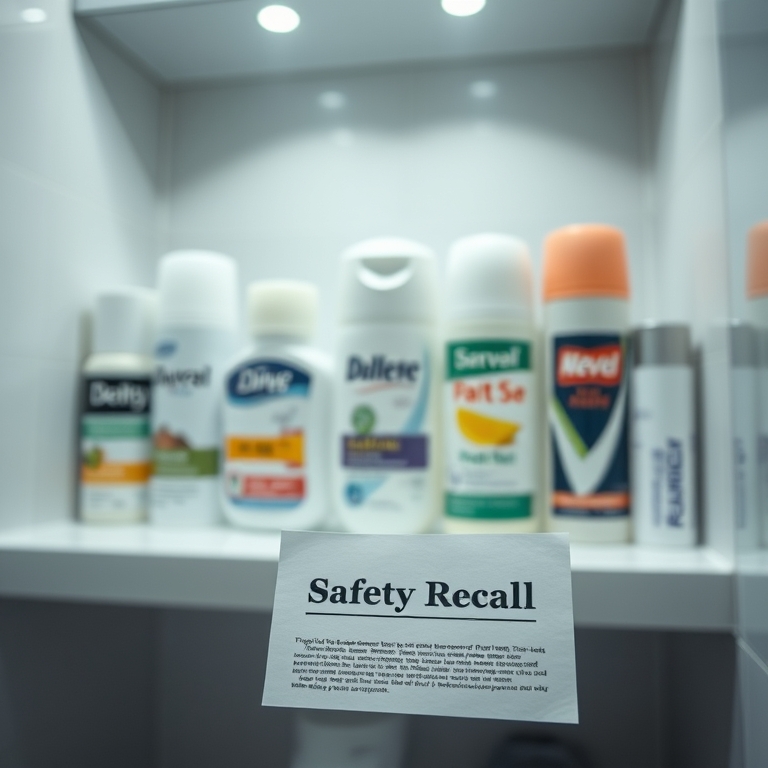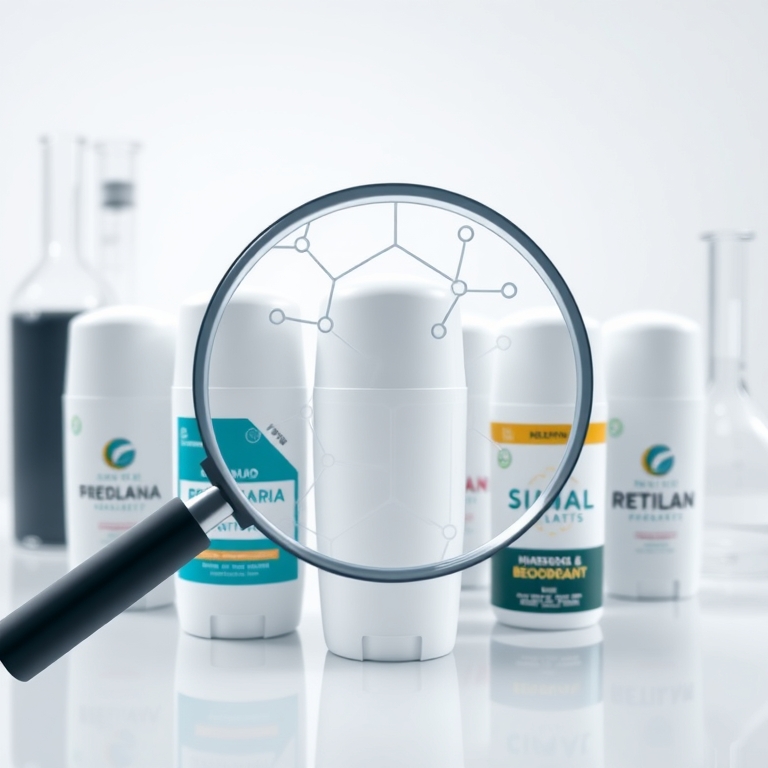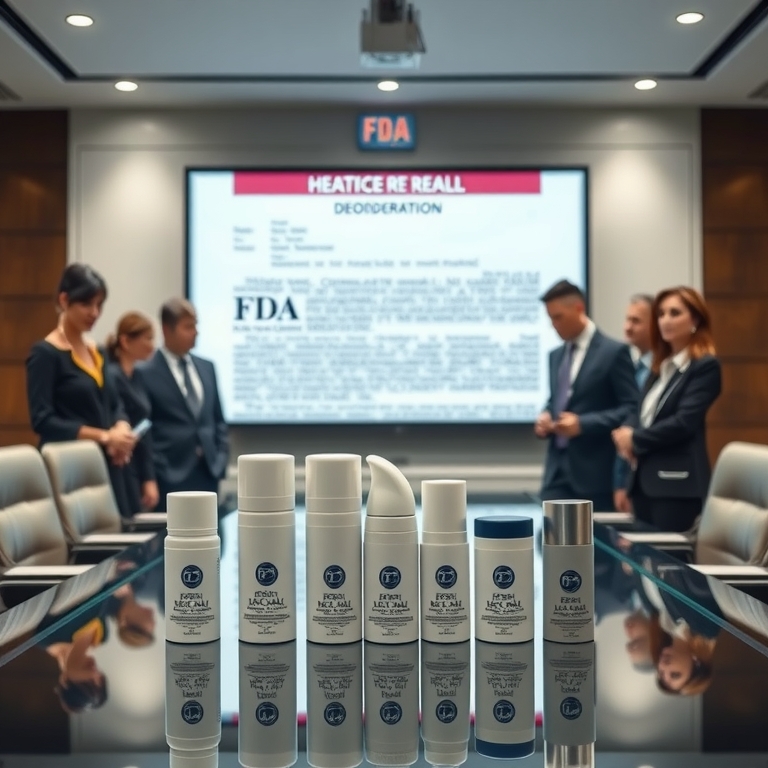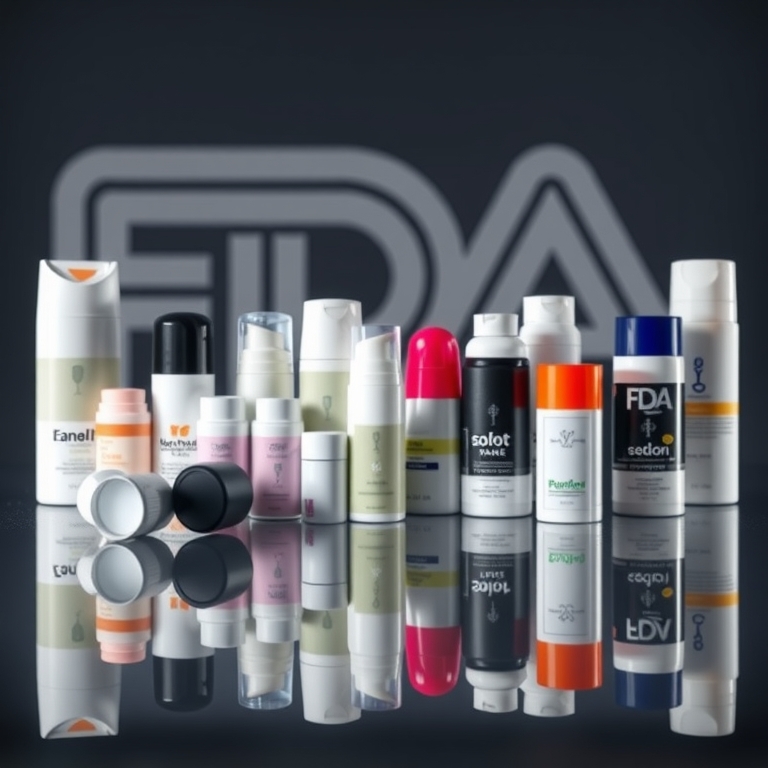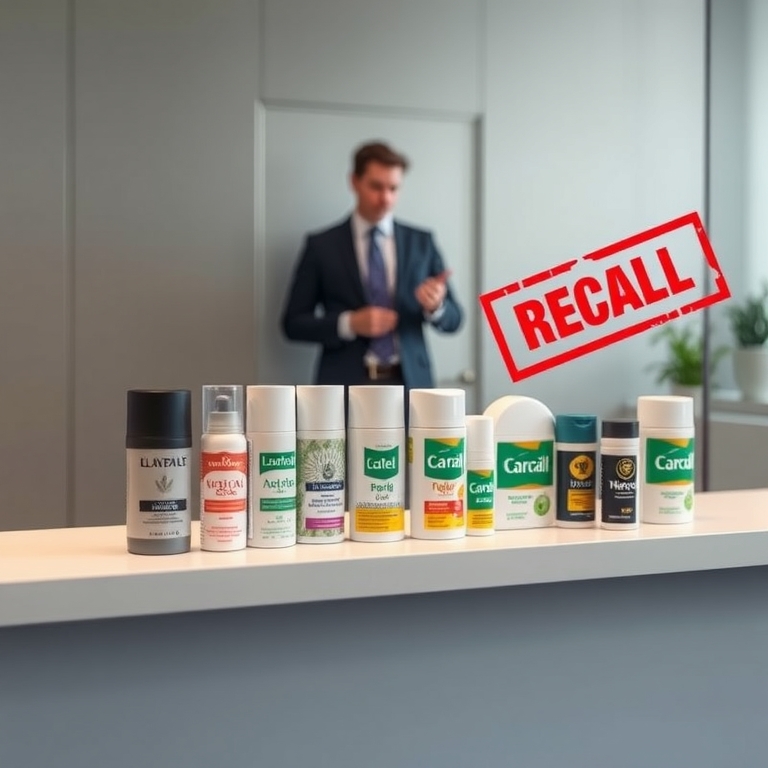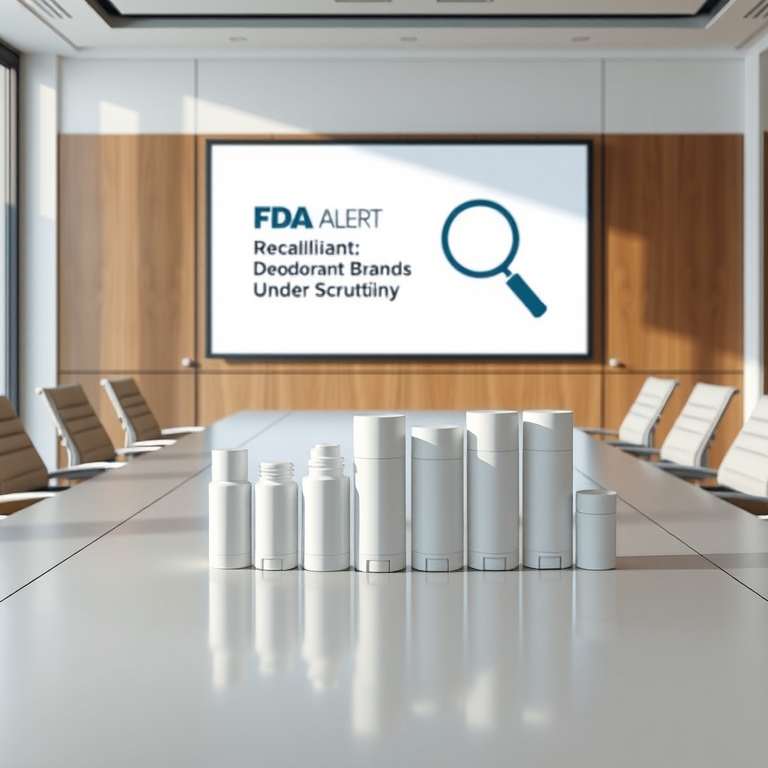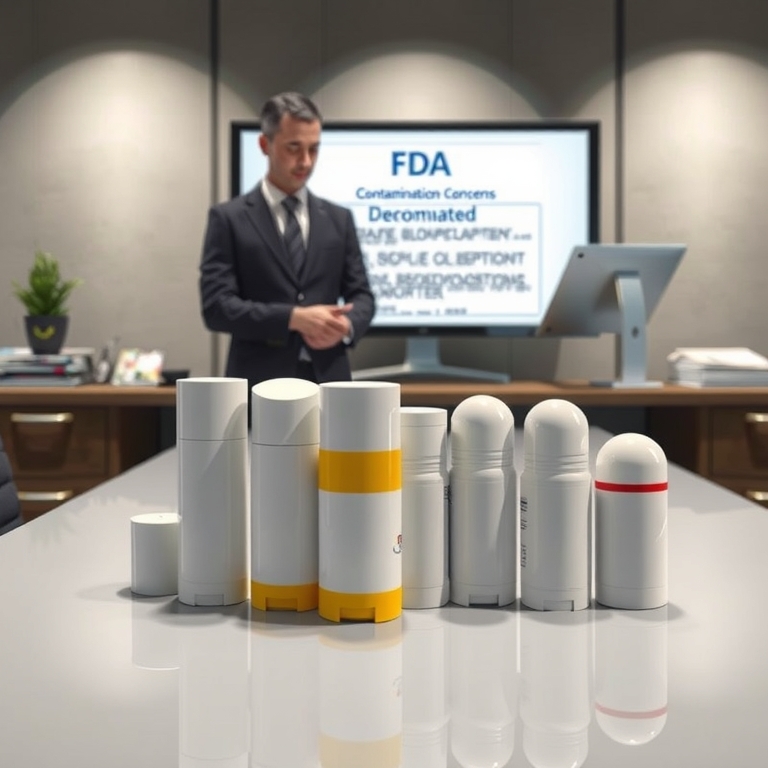The recent FDA recall of several popular deodorant brands has sent shockwaves through the personal care industry, sparking widespread concern among consumers and raising critical questions about product safety standards. The agency’s decision to pull these products from the shelves is a stark reminder of the potential risks consumers face in their daily routines and underscores the need for vigilance in monitoring the safety of everyday goods.
At the heart of this recall is the discovery of harmful chemicals within the formulations of certain deodorant brands. The FDA, renowned for its stringent regulatory measures, took decisive action following rigorous testing and analysis that identified unacceptable levels of dangerous substances. These chemicals, which are not intended for human exposure, have been linked to a range of health issues, including skin irritation and more severe long-term effects. The agency’s intervention comes as part of its mandate to ensure public health and safety, a responsibility it continues to uphold amidst growing challenges in consumer product safety.
The deodorant market, known for its vast array of choices and brands, is a billion-dollar industry that thrives on consumer trust. For years, companies have competed to offer products that promise freshness and protection, often promoting natural and safe ingredients as a key selling point. However, the recent recall casts a shadow over these claims, highlighting the need for greater transparency and accountability within the industry. As consumers, we place a substantial amount of trust in these products, assuming that they have undergone rigorous testing and adhere to safety standards. The FDA’s findings, however, suggest that this trust may have been misplaced, at least in some instances.
In light of the recall, the FDA has urged consumers to take immediate action, advising them to check their deodorant supplies and discontinue use of the affected products. This call to action is not only a protective measure but also a reminder of the proactive role consumers must play. By remaining informed and vigilant, consumers can make safer choices and protect themselves from potential harm. The agency has also provided detailed information on the specific brands and batch numbers affected, ensuring that consumers have access to the necessary data to make informed decisions.
This incident also serves as a wake-up call for manufacturers to re-evaluate their formulation processes and ingredient sourcing. The presence of harmful chemicals in deodorant products points to potential lapses in quality control and oversight, issues that must be addressed to restore consumer confidence. Companies are now under increased pressure to conduct thorough reviews of their production practices and make necessary adjustments to ensure that their products meet safety standards. This may include reformulating products, enhancing testing protocols, and increasing transparency about ingredient sourcing and processing.
For the business community, this recall is a potent reminder of the reputational risks associated with product safety issues. Brand image, built over years of marketing and consumer engagement, can be severely tarnished by such controversies. Companies must now navigate the challenging task of rebuilding trust and demonstrating their commitment to consumer safety. This may involve increased investment in research and development, as well as more robust communication strategies to reassure consumers of their products’ safety and efficacy.
Moreover, this situation presents an opportunity for innovation within the industry. As consumers become more conscious of the ingredients in their personal care products, there is a growing demand for safer, more natural alternatives. Brands that can successfully pivot and offer products free from harmful chemicals may find themselves at a competitive advantage. This shift towards cleaner formulations not only aligns with consumer preferences but also reflects broader trends in the market towards sustainability and health-consciousness.
The implications of the FDA’s recall extend beyond the immediate impact on consumers and manufacturers. Regulators around the world are likely to take note, potentially leading to stricter oversight and new guidelines for personal care products. This could usher in a new era of regulatory standards, with agencies working collaboratively to ensure that harmful ingredients are identified and eliminated from consumer products. Such measures would not only enhance consumer safety but also level the playing field for companies committed to producing safe and reliable goods.
In conclusion, the FDA’s recall of certain deodorant brands over harmful chemicals serves as a crucial lesson for consumers, manufacturers, and regulators alike. It highlights the importance of maintaining high safety standards and the role of regulatory bodies in safeguarding public health. As the industry grapples with the fallout, the path forward will require a concerted effort to prioritize safety, transparency, and innovation. Consumers, for their part, are reminded of the power they hold in demanding safer products and the importance of staying informed about the goods they use daily. For manufacturers, this is a pivotal moment to reassess their practices and reaffirm their commitment to providing safe, effective products. In the end, the goal is clear: to ensure that the products we trust and rely on are not only effective but also safe for every consumer.
